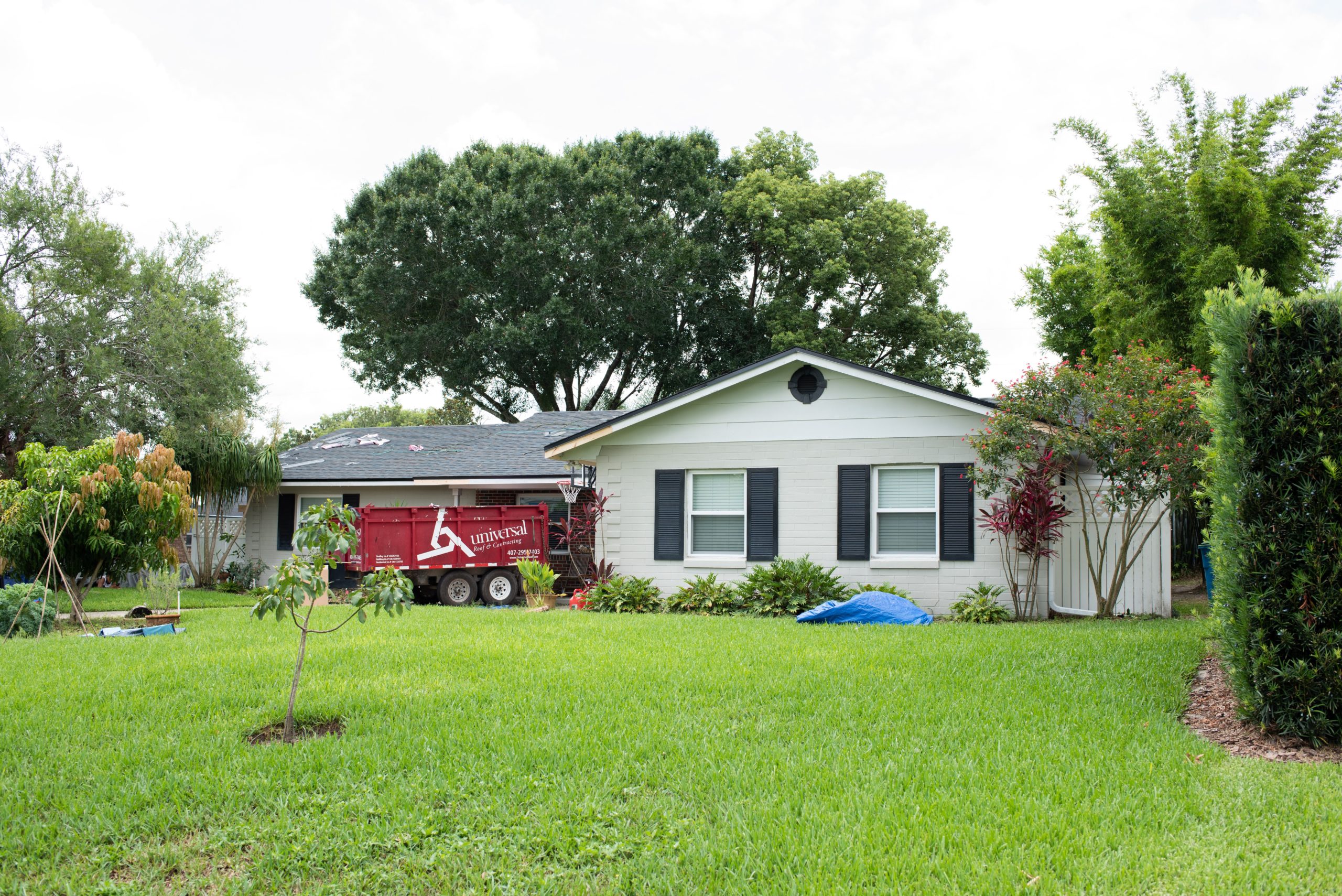
24 Jun Breaking Down the Metal Roof: Understanding Your Overall Options
Between versatility, recyclability, and overall longevity, a metal roof always proves to be a fine choice for any home or business owner.
That being said, many have a tendency to refer to “metal roofs” as an all-encompassing term, not realizing that there are distinctions between various metal options that have different properties and benefits.
So, today we’re here to break down the metal roof! Let’s take a look at the pros and cons of one’s individual options based on material type:
#1 — Copper
“When properly designed and installed, a copper roof provides an economical, long-term roofing solution,” as explained by the Copper Development Association. “Its low life cycle costs are attributable to the low maintenance, long life, and salvage value of copper.”
Copper is one of the most popular choices today in terms of metal roofing materials. After all, not only is it incredibly long-lasting in terms of the passage of time, but many homeowners also find themselves drawn to the overall aesthetic of the material.
Copper is also relatively lightweight and malleable, rendering it easy to conform to unusual roof shapes.
The flip side of that benefit, however, is that softer metals like copper, are more susceptible to damage from hail and other forms of airborne debris. Additionally, copper may develop a patina over time — the likes of which some like, whereas others strongly dislike it.
#2 — Stainless steel
Relatively resistant to corrosion and capable of being applied over existing roofing materials, steel proves to be a strong and versatile contender of the various metal materials. Particularly as it does not expand or contract in extreme weather conditions, it is a good choice for one who would like to strengthen an existing roof.
Additionally, stainless steel offers the benefit of customization, as it is installed with one’s choice of finishing options in order to better fit their overall curb appeal or mimic the appearance of other materials.
The difficulty of installing a steel roof on a Floridian home or business, however, lies in ensuring there is adequate drainage. Should standing water be left too long on the steel surface, it will likely begin to corrode.
Thus, stone-coated steel is a durable alternative, taking the overall protective qualities of steel up a notch by enhancing both its strength and overall finish.
#3 — Aluminum
Probably the most commonly used roofing materials today, aluminum is especially well-loved in Florida due to its resistance to corrosion. And, while many mistakenly assume that it’s because aluminum doesn’t react with the surrounding salty air, the opposite is actually true.
“When aluminum metal is placed in the atmosphere, a thin layer, known as aluminum oxide, forms on the metal’s surface and acts like a protective, rust-resistant shield,” according to a news article published by Stanford.
Otherwise, while aluminum is also lightweight and durable, it is not quite as long-lasting as copper. Consequently, it is a more affordable option for property owners, particularly when it is cut thin.
Be wary, however, as the thinner the sheet of aluminum, the more vulnerable to damage it becomes. Additionally, aluminum is more likely to expand and contract over time when exposed to temperature fluctuations, unlike stainless steel.
#4 — Zinc
Last but not least, zinc remains a popular choice for metal roofing thanks to its self-correcting properties. That is, should the roof be scratched, zinc’s ability to generate a patina over time will actually help to slowly erase these surface-level blemishes without necessitating costly repairs.
Similar to that of copper, zinc is also soft and flexible enough to be fitted over various roof shapes and forms, rendering it preferable for property owners who have elected to integrate unique architectural features or roof pitches.
Zinc is also one of the most eco-friendly of all roofing materials, as it is both non-toxic and recyclable.
That being said, zinc can chalk over time, otherwise dampening its original appearance. Property owners should also be wary of underside corrosion and oil-canning, the likes of which may build up over time if the zinc is not well-maintained.
However, when it comes to maintenance and repairs, you can trust that Universal Roof & Contracting will always be waiting in the wings to help you enhance your forever roof!
Having served residents of Jacksonville and Central Florida for over 28 years, we know how to help you navigate the new landscape that is metal roofing. So, are you ready to get started?
If so, contact our team today by calling 855-ROOF-HELP! Not only will we offer you a FREE inspection, but we guarantee that, with us, you’ll see the difference is universal.



